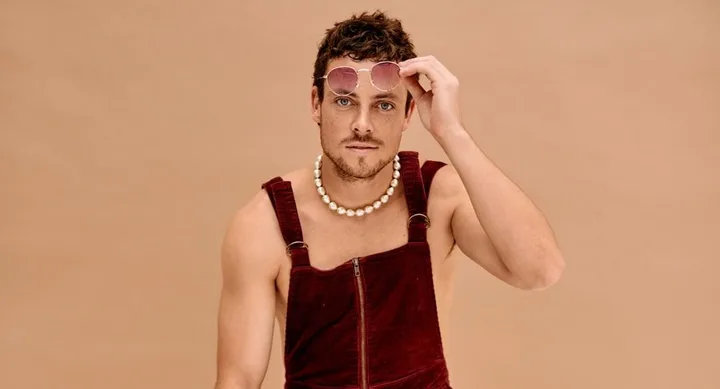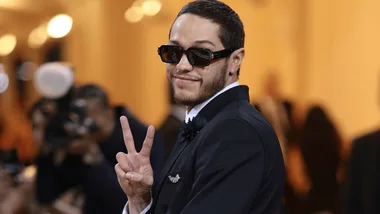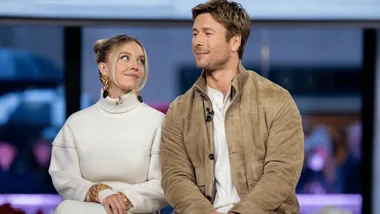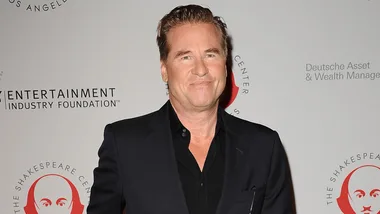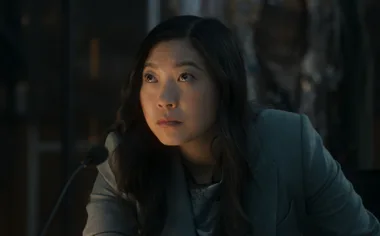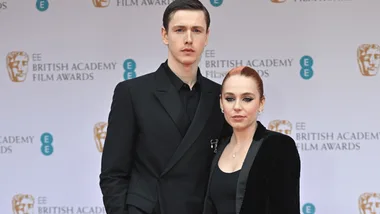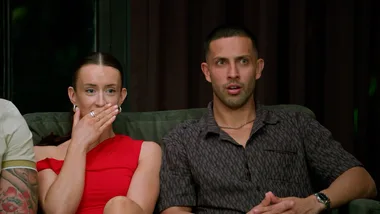When thousands of Australians took to the streets earlier this year to demand gender equality and greater action against sexual assault as part of the March4Justice rallies, Home and Away star Patrick O’Connor was listening.
WATCH: WHO’s SEXIEST: Sophie Dillman and Patrick O’Connor
“We were on an away shoot with work [not long after] and we were discussing the current treatment of women in our society,” the actor, 28, tells WHO. “I felt that there was a connection between the type of man that seemed to be committing this behaviour and my experience with toxic masculinity growing up.”
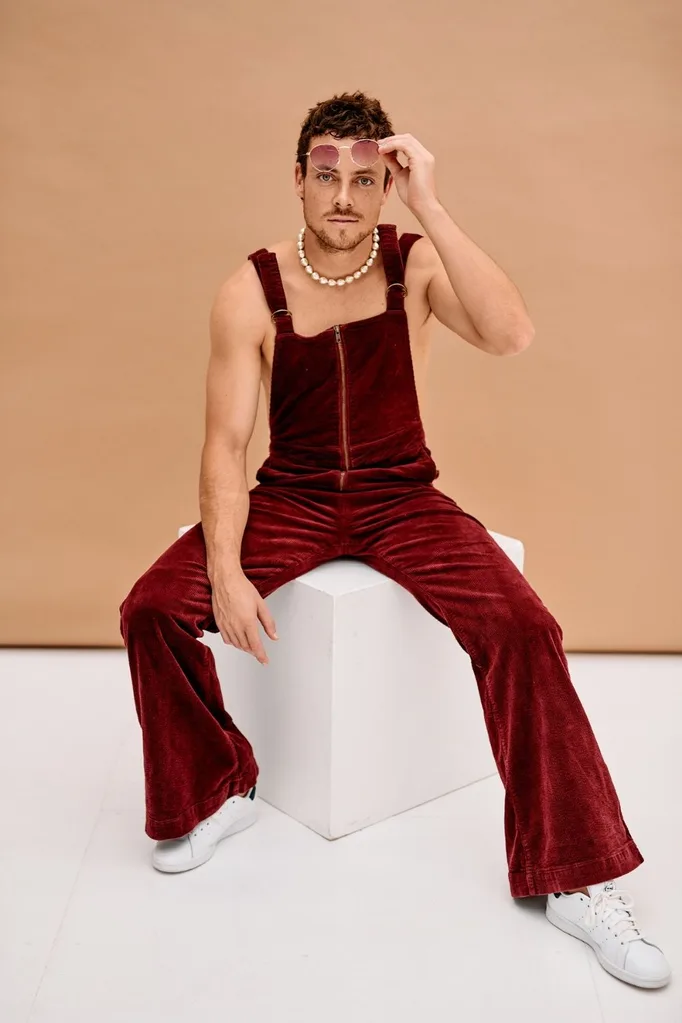
Instead of just batting away the issue, O’Connor decided it was time to speak up and shared an emotionally charged post detailing his own experience with toxic masculinity.
“I think as men we have the real potential to change for the better,” he tells WHO of his decision to share. “It’s our job as men to find an answer that improves our gender for the better and doesn’t simply push it off to the next generation.”
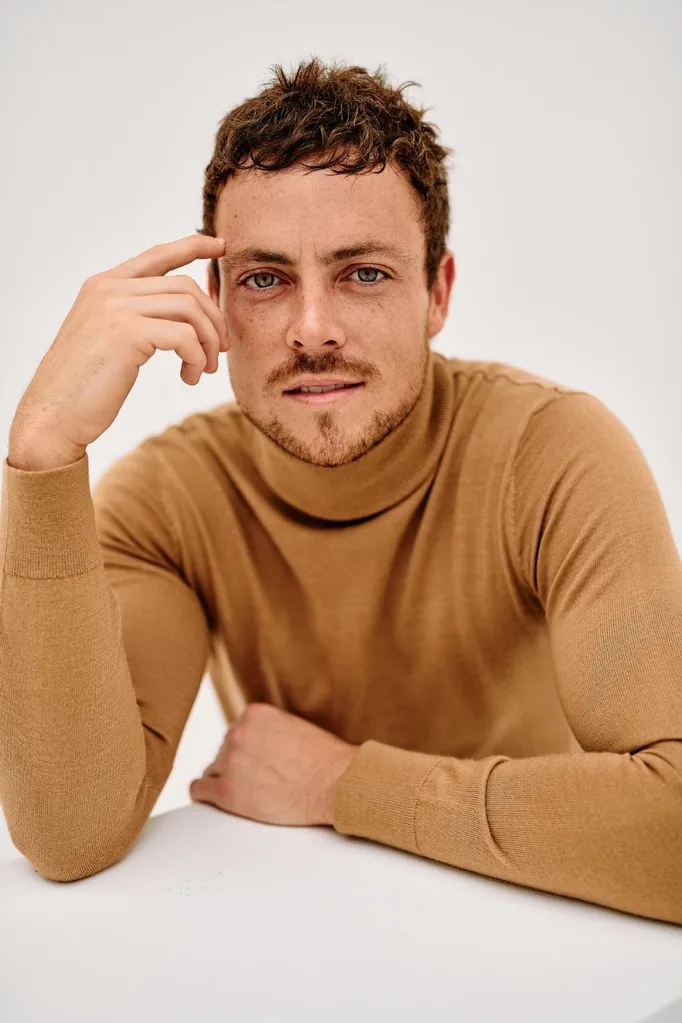
In his Instagram post on March 21, the actor revealed he had attended one of the schools that was listed on the “rape culture” petition in Australia that was started by university student Chanel Contos. He says now that the revelation left him feeling “angry and disappointed at first” but later those emotions turned to sadness.
“The culture of ‘boys will be boys’ was present at my school,” he explains. “It’s not necessarily damaging while the boys are there, but when you see kids who have grown up with this kind of language and behaviour, you see it manifest into something else later in life.”
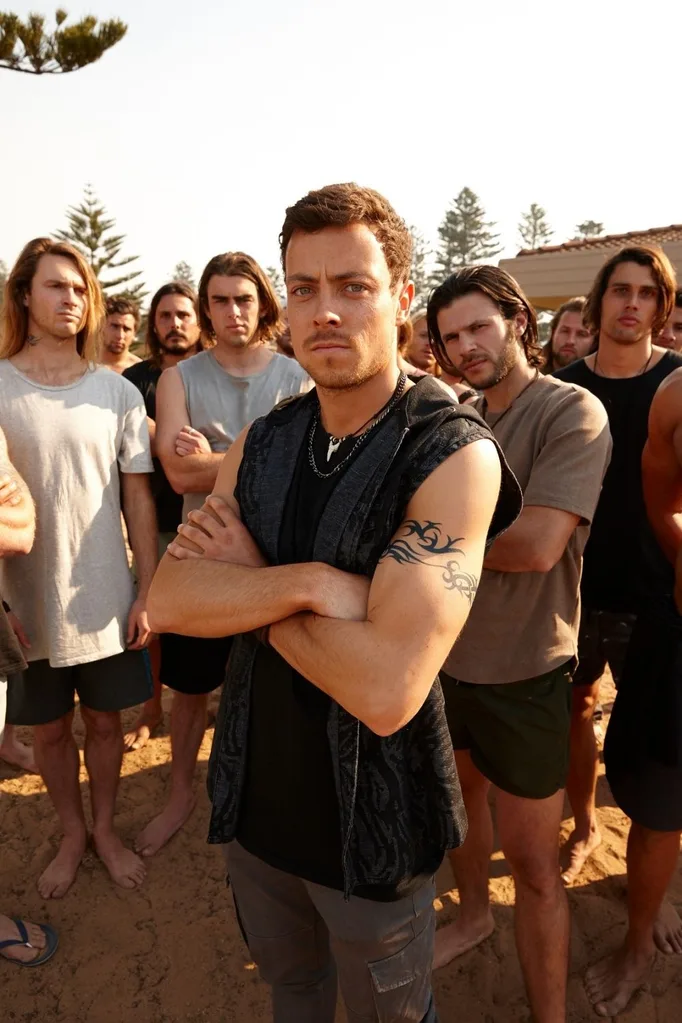
Despite playing resident bad boy, Dean Thompson on the much-loved Aussie soap, O’Connor admits he’s never really considered himself a “manly” man. “I cried a lot as a kid and was quite sensitive to a range of things,” he says of his younger years. “I spent my time trying to just fit in.”
But looking back, the actor says he still can’t comprehend why masculinity and showing emotions are so removed from each other.
“I still don’t understand at 28 why there is so much pressure to hide vulnerability from a young age? In my eyes you can still be an A Grade professional sports player and be a sensitive vulnerable human,” he tells.
“Sayings like, ‘Don’t be a pussy’, ‘Be a man’, ‘Don’t be a wimp’, ‘Men don’t cry’ – it’s all harmful to men as a whole. It affects us all then and now, and inhibits men from speaking up.”
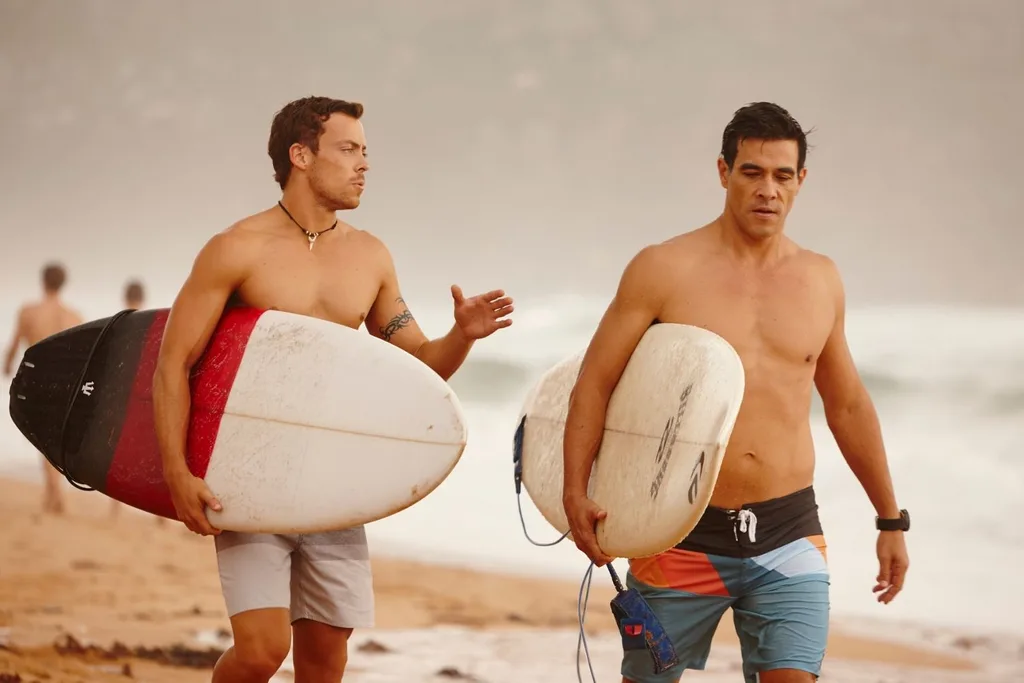
The actor has been encouraged to not only speak out but take action on curbing toxic masculinity, thanks to three very special women in his life: his mum and sister and on-screen-turned-off-screen girlfriend, fellow Home and Away star Sophie Dillman.
“They’ve all shown me incredible support and encouraged me to always acknowledge my feelings,” he says.
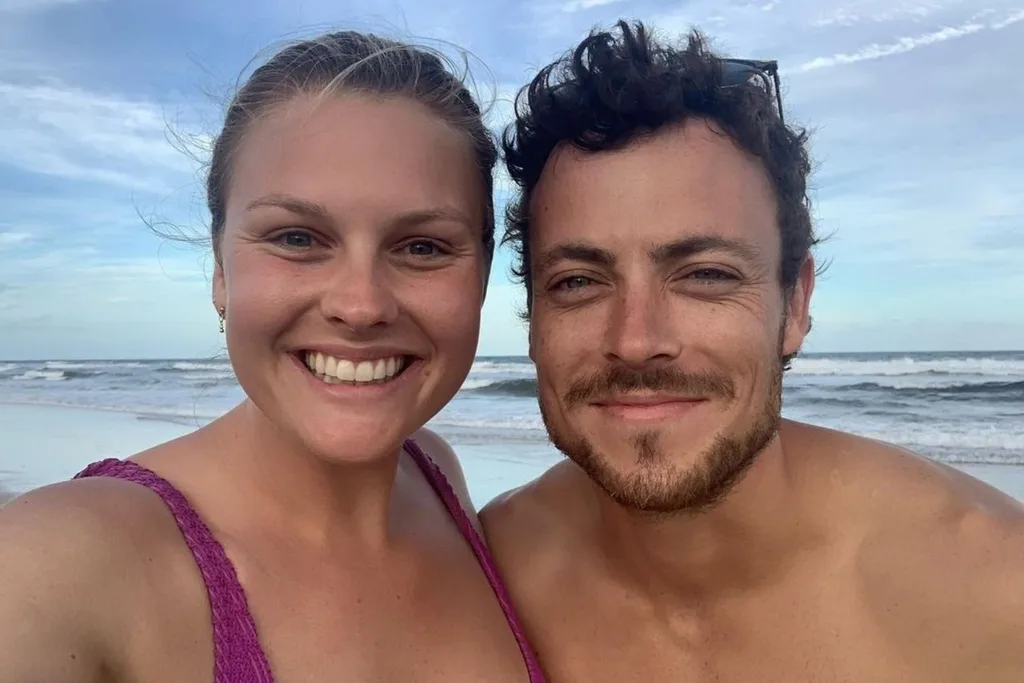
And it’s something O’Connor wants to encourage all young men to do. “If we want to create the notion of equality in young children, we need to remove the stereotypes that are generationally ingrained in each gender,” he explains. “Young boys need to be supported, no matter the direction they choose.”
While there’s certainly been some momentum around this topic in the past few months, O’Connor knows the time is now to make a change.
“As men, we need to break down the stigma of hiding our emotions. It’s happening now, but we can do it faster,” he says. “Take responsibility for your actions and have the confidence to speak out when you see something that’s wrong, the women in your life will feel safer.”
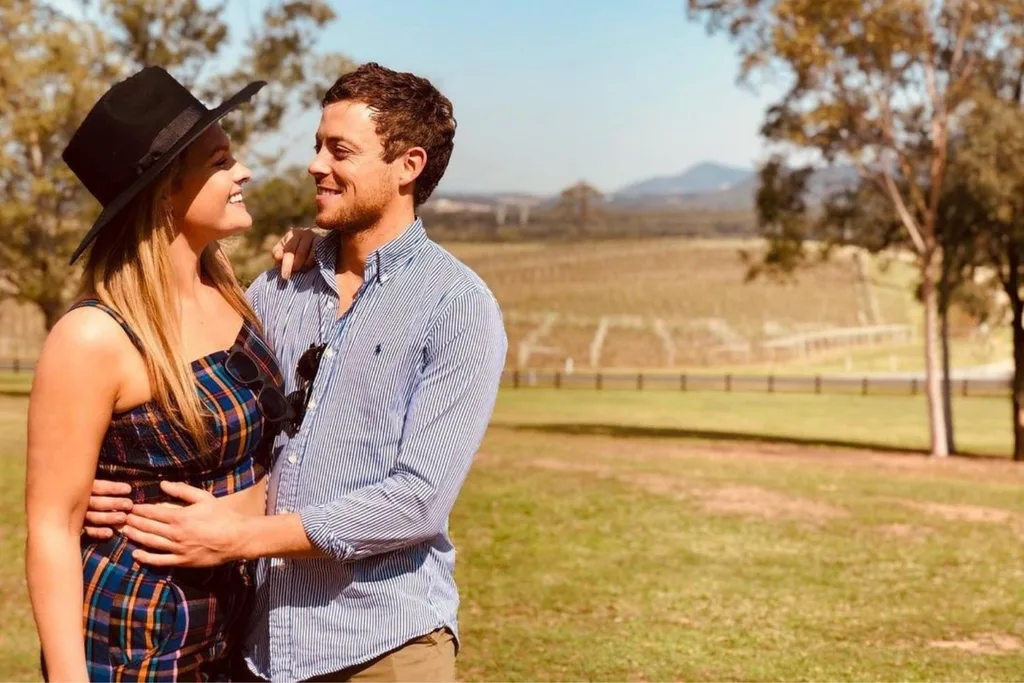
For the actor, there’s no better time to embrace your individuality. “You can be both masculine and feminine at the same time,” he adds. “Sometimes I enjoy yelling ferociously at a football game with my mates while other times I don’t mind having a good bath and a candle. What’s wrong with that?”
